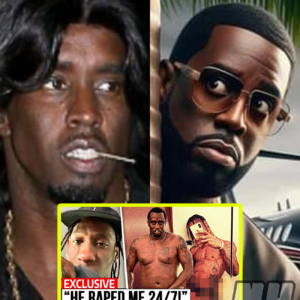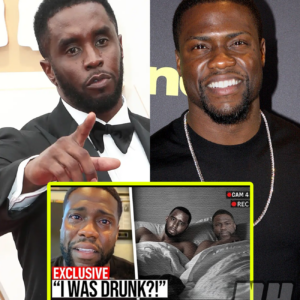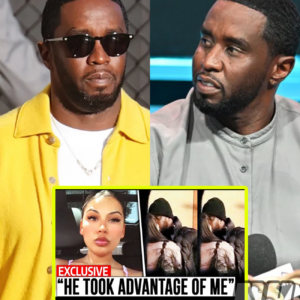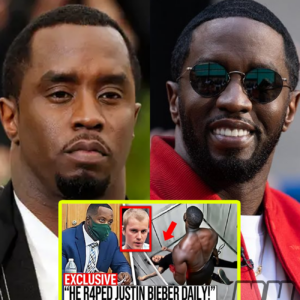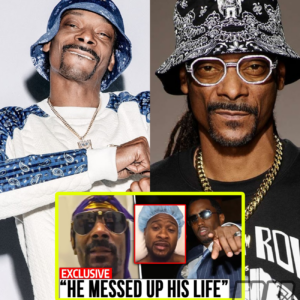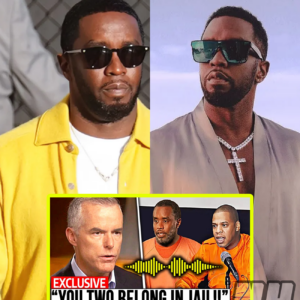Freedom of Speech and Power in the Entertainment Industry: Unveiling the Secrets and Consequences
In a society that celebrates the ability to speak the truth, the reality is often masked by layers of power and interests. The ability to freely express one’s thoughts without fear of reprisal from powerful entities is a rarity in the entertainment industry, where every move is closely monitored.

#### Freedom of Speech and Significance
One fundamental aspect of freedom of speech is the right to speak without fear of retaliation. However, as those within the entertainment industry have discovered, this right only exists when you are not truly important. When you become famous and influential, every word you say can be controlled by the powers that be.
Andrew Tate, a controversial figure, once said that the ability to speak freely is inversely correlated with your significance. You are allowed to talk if nobody listens, but if people start listening, you have to be very careful about what you say. This reflects a bitter truth in the entertainment industry: only when you are deemed unimportant can you truly be free.
#### Power and Control in the Entertainment Industry
The entertainment industry is notorious for its power dynamics, where celebrities are often pawns in a larger game controlled by influential figures. Those who comply with the system and understand who their owners are may get away with questionable actions as long as they remain obedient. However, if a celebrity rebels or grows too big for their boots, they are often taught a harsh lesson.
Take the example of Diddy, who has been accused of various serious offenses. Allegations suggest that these actions are tolerated as long as he remains compliant with the system. The moment he steps out of line, the powers that be move to put him back in his place. This pattern is not unique to Diddy but is prevalent throughout the entertainment industry.
#### The Price of Independence
Individuals like Tate, who refuse to bend or bow to the demands of the industry, often find themselves targeted. Tate claims that his refusal to sign contracts that compromise his integrity or attend certain parties has led to legal and personal attacks aimed at ruining his life. This highlights the industry’s aversion to independent voices that cannot be controlled.
#### The Role of Wealth and Influence
Wealth and influence play significant roles in maintaining control within the industry. Celebrities who amass considerable wealth but refuse to adhere to the unspoken rules often face significant backlash. This can include smear campaigns, legal troubles, and other forms of public and private pressure designed to force compliance.
#### The Dark Side of Fame
The dark side of fame in the entertainment industry is not just about power and control but also about exploitation and moral compromises. Celebrities like John Cena, who transitioned from wrestling to acting, often find themselves having to conform to the industry’s demands to maintain their status. Allegations of moral and ethical compromises, including attending questionable parties and engaging in behaviors against their principles, are rampant.
#### Conclusion
The entertainment industry is a complex web of power, control, and influence. Freedom of speech is a luxury afforded only to those deemed unimportant. As soon as someone gains influence, every word and action is scrutinized and controlled by those in power. This reality underscores the importance of understanding the true cost of fame and the moral compromises that often accompany it. Only by recognizing these dynamics can one navigate the industry without losing their integrity and sense of self.
News
(VIDEO) Celebs that P Diddy EXPLOITED for Cash
P Diddy and the Dark Side of the Entertainment Industry The entertainment industry is no stranger to scandal and controversy, but the recent revelations surrounding P Diddy (Sean Combs) have brought to light a web of disturbing allegations and connections…
(VIDEO) Kevin Hart IN TEARS After New Leaks EXPOSE Him At Diddy’s After Parties!!
Kevin Hart: A Complex Journey Through Fame, Scandal, and Personal Growth Kevin Hart, the renowned comedian and actor, has led a life marked by both incredible professional success and deeply personal scandals. His journey from selling sneakers to becoming one…
(VIDEO) “He Ruined My Life” Former Diddy Employees TEAM UP To EXPOSE Him!
The Dark Side of Fame: Allegations Against Diddy and the Revelations from Former Employees The music industry is often glamorized for its glitz and glamour, but behind the scenes, it can harbor dark secrets and troubling behavior. Recently, Sean “Diddy”…
(VIDEO) “He’s Why Justin Bieber Is DEPRESSED!” Undercover FBI Agent EXPOSES Diddy
The Tumultuous History of Snoop Dogg, P. Diddy, and the East Coast-West Coast Rivalry Hip-hop history is fraught with feuds, friendships, and ever-changing alliances. Central to many of these stories are iconic figures such as Snoop Dogg and P. Diddy…
(VIDEO) “Diddy Did Usher Dirty Forever” Snoop Dogg EXPOSES Sean Combs!
The Tumultuous History of Snoop Dogg, P. Diddy, and the East Coast-West Coast Rivalry Hip-hop history is fraught with feuds, friendships, and ever-changing alliances. Central to many of these stories are iconic figures such as Snoop Dogg and P. Diddy…
(VIDEO) Undercover CIA Agent EXPOSES Diddy & Jay Z!
The Fall of P. Diddy: A Dismantling of Credibility and the Unfolding Legal Crisis Introduction In recent years, Sean “P. Diddy” Combs has found himself at the epicenter of numerous controversies and legal battles that have significantly tarnished his once-polished…
End of content
No more pages to load
